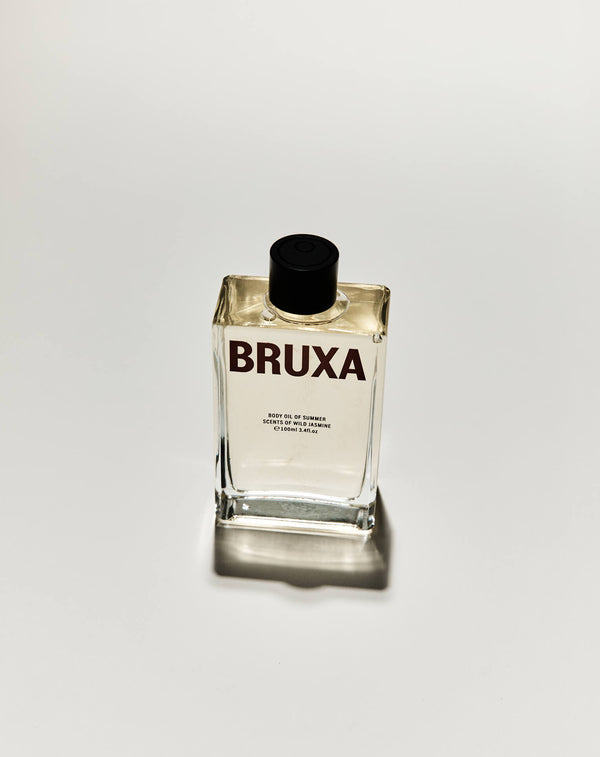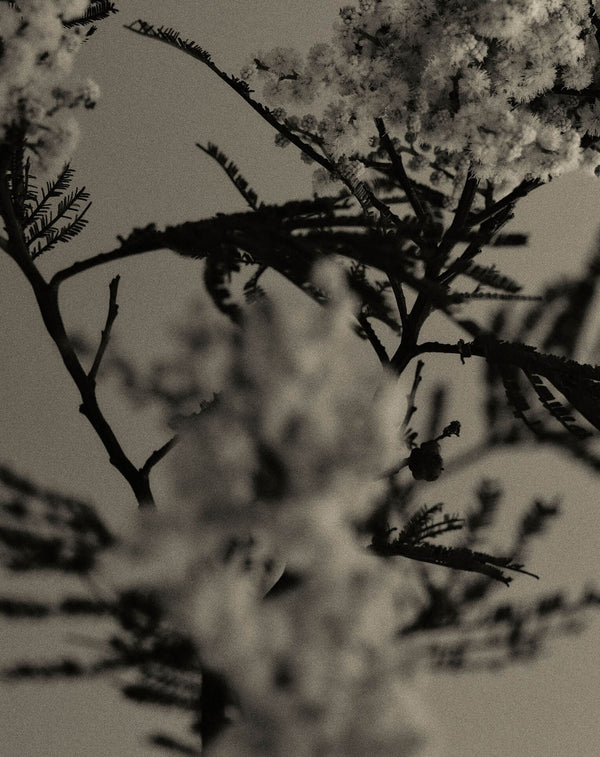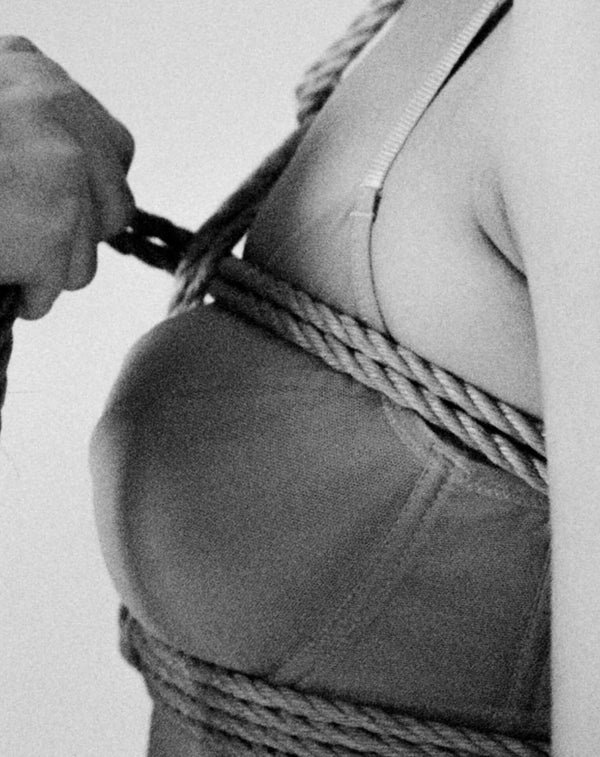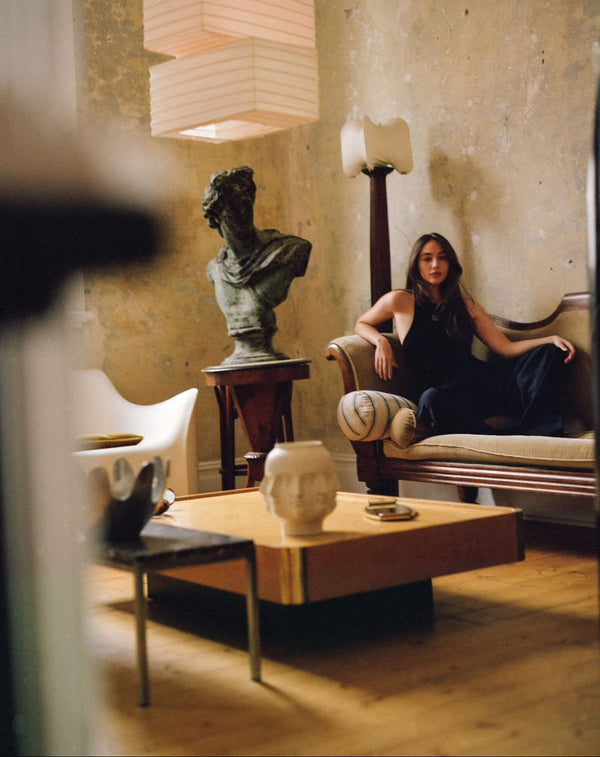(LITERATURE, MUSIC & FILM)
04.11.23
(LITERATURE, MUSIC & FILM)
04.11.23
Our exploration delves into both timeless and contemporary cinema, examining the intricate dichotomy of darkness within themes of love, connection, sex, and desire.
Through the interplay of light and shadow, filmmakers navigate the tumultuous landscapes of passion, intimacy, and emotional vulnerability, unravelling the multifaceted layers that define the human experience. With unflinching honesty and introspective exploration, these cinematic narratives peel back the layers of societal norms, exposing the raw and unvarnished reality of human desires, often blurring the lines between pleasure and pain, beauty and turmoil.
FILM EDIT: VOL 01 Our exploration delves into both timeless and contemporary cinema, examining the intricate dichotomy of darkness within themes of love, connection, sex, and desire.
"I always try to do the opposite of what I did last time. So if I did something that was very slow and very internal, I try to do something which is fast and external. 'The Dreamers' is a movie about characters that talk with their bodies, not with their mouths. And I always wanted to make a movie like that." — Director, BERNARDO BERTOLUCCI
'The Dreamers' is a 2003 film directed by Bernardo Bertolucci. Set in Paris during the tumultuous events of May 1968, the film follows an American student named Matthew who forms a close bond with a French brother and sister, Isabelle and Theo. The three immerse themselves in a passionate and intellectually stimulating world, indulging in cinephilia, political discussions, and sexual exploration. As their boundaries blur and their relationships intensify, they become increasingly isolated from the outside world. 'The Dreamers' is a provocative exploration of youth, idealism, and the transformative power of cinema, as well as an examination of the political and social turmoil of the time.





























